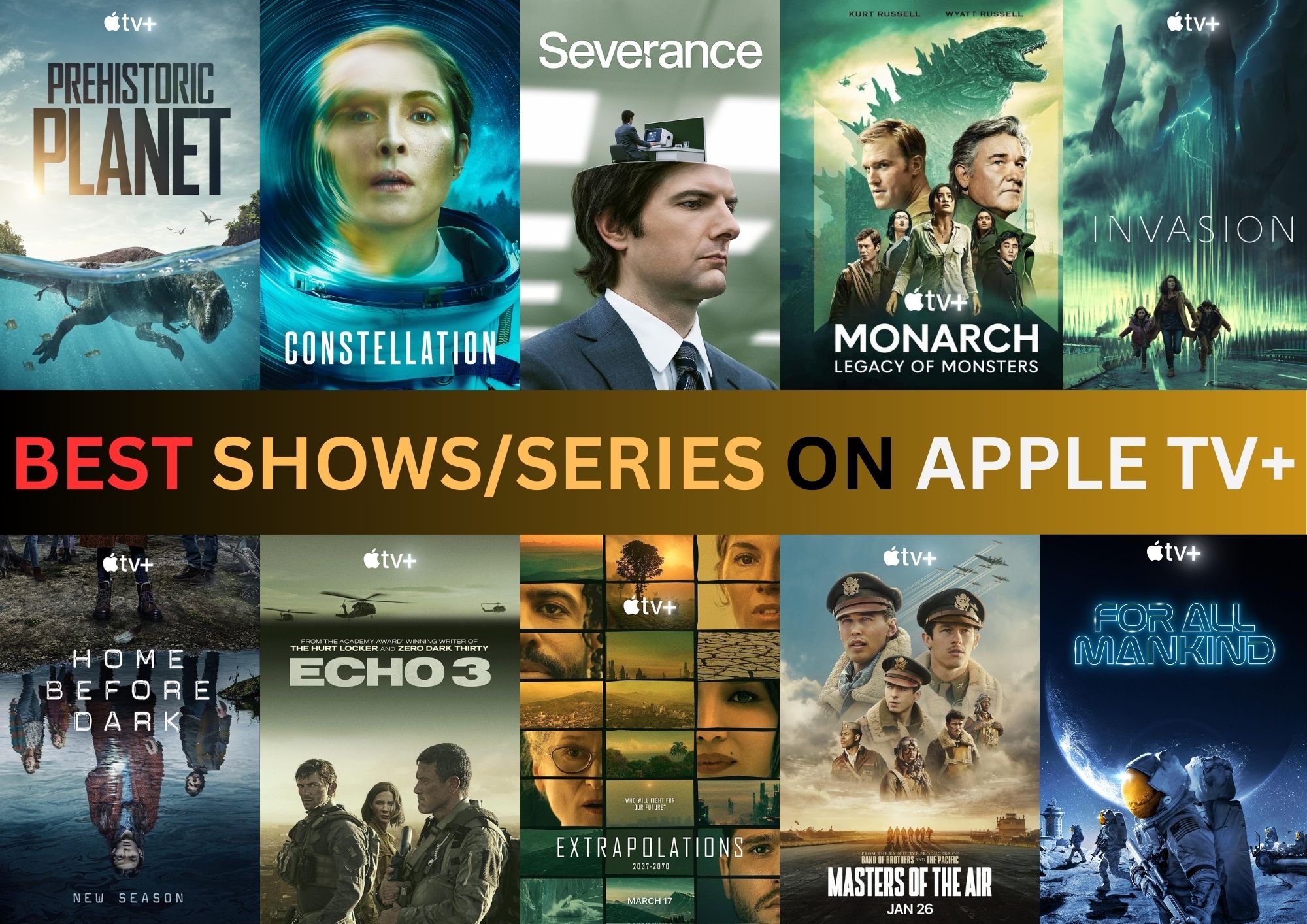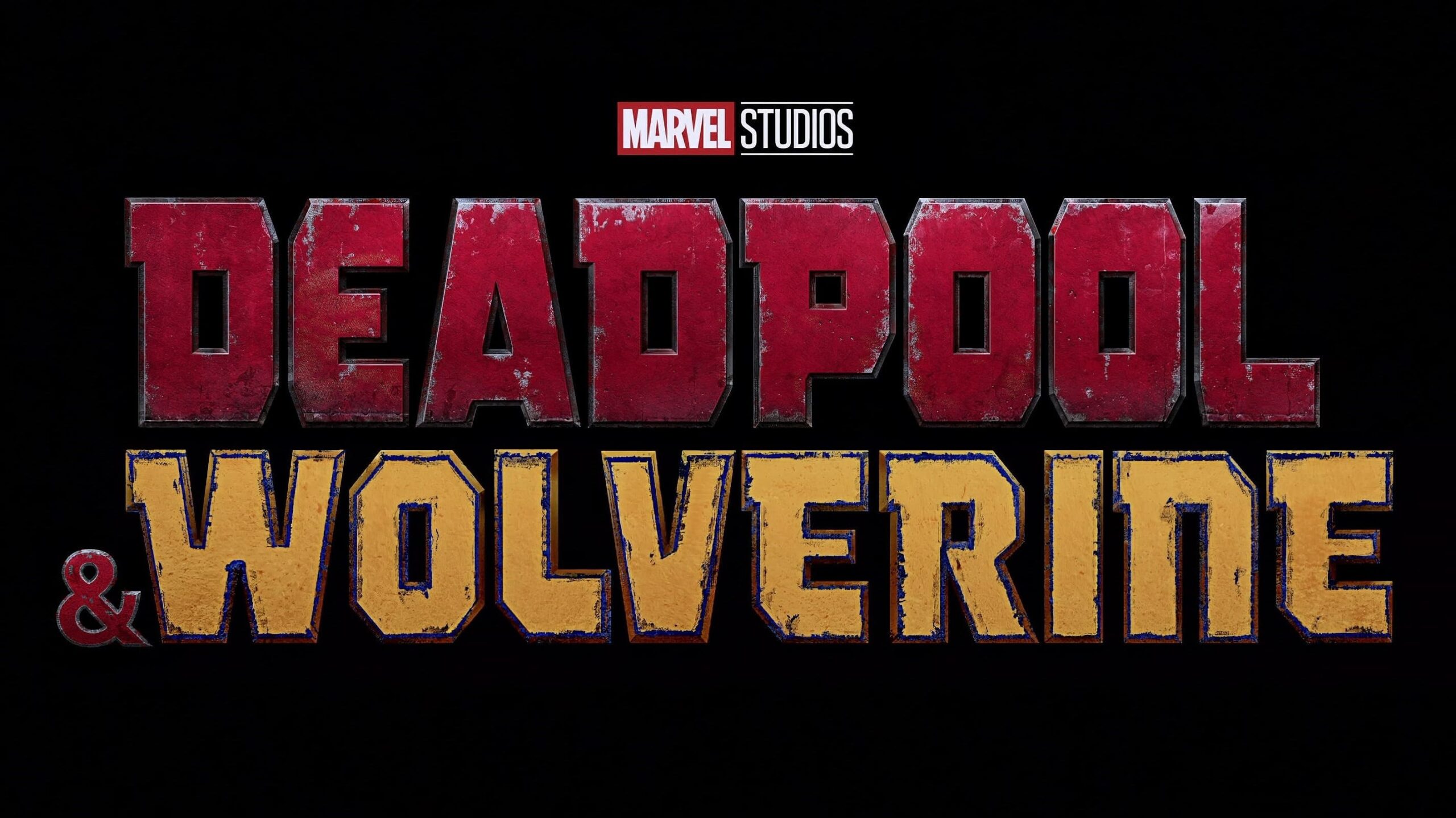American writer and television producer Eric Kripke created the fourth season of the satirical superhero television series The Boys. The show is the first in the franchise and is based on the comic book series of the same name authored by Garth Ennis and Darick Robertson. In collaboration with Point Grey Pictures, Original Film, Kripke Enterprises, Kickstart Entertainment, and KFL Nightsky Productions, Sony Pictures Television is producing the season.
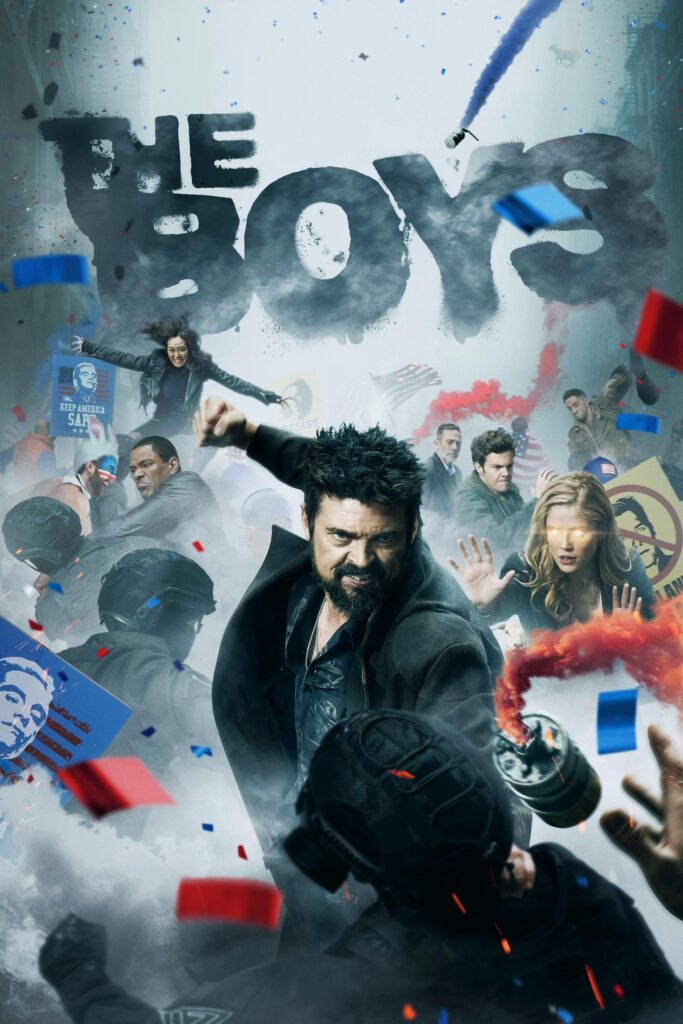
We’re not sure how to summarize the first three episodes of the superhero spoof The Boys: Season 4 that Amazon Prime Video has released. This show appears to be becoming stuck in its own pattern as Eric Kripke’s crew embarks on a mission to bring the darkest season ever. Without a question, the third season of the program was the greatest and the most accurate to the superhero books.
Over the course of three seasons, The Boys twisted the superhero genre, skewering its clichés with a joyous sense of humor and providing a warped mirror image of our current contemporary environment.
The first season of this intricately designed superhero parody introduced us to The Boys, a motley crew driven by moral indignation against the dishonest, idolized Supes. The show’s other major element is with Vought, the villainous company that creates and manages these superheroes and is revealed to be manipulative and greedy. Hughie joins this insane realm after his sweetheart is actually plowed through by a supe. In season one, the definition of heroism was questioned.
The Boys were portrayed in Season 2 as well-organized outlaws who are committed to taking down the popular but mostly insane superheroes who have started working for the government. Stan Edgar, the cunning CEO of Vought, pulled the strings behind the scenes in season 3, delivering a gut-punching ending, surprising character revelations, and a cliffhanger that left everyone eagerly awaiting season 4. This allowed the satire to reach new heights.
At last, The Boys return with what is likely going to be the darkest season yet—a crazy, satirical journey that never hesitates to push limits. As Homelander (Antony Starr) faces his public trial for murder, it is raising all the awkward issues about authority, corruption, and the shadowy side of celebrity adulation.
His Captain America parody is currently taking a Donald Trump-esque turn, and although this character development is an intriguing addition, it coincides with a significant shift in American politics.
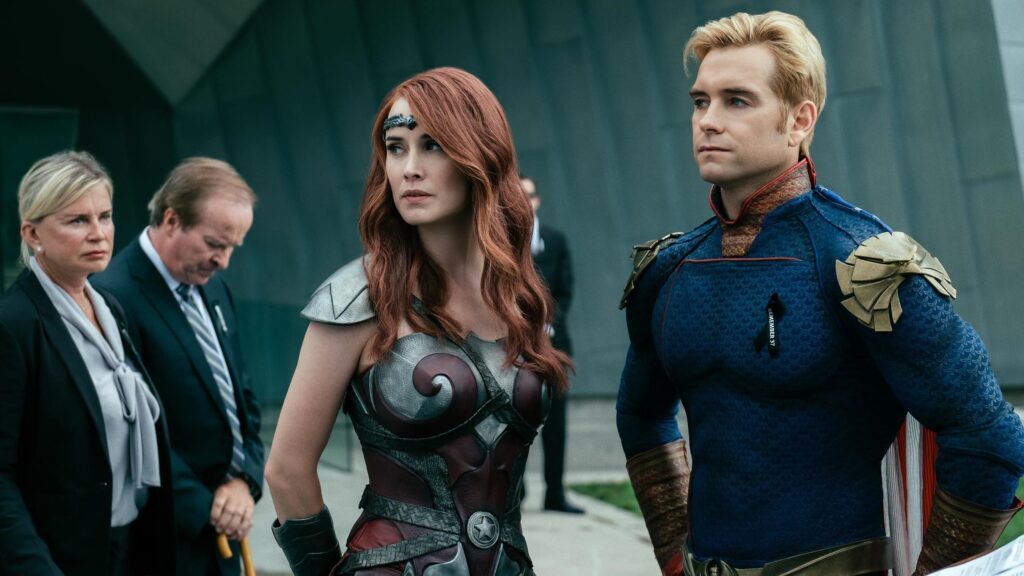
With Homelander’s power growing and Victoria Neuman perhaps running for vice president, Season 4 of The Boys has more stakes than ever before; danger feels more real than ever. This may keep people interested and glued to their seats.
This season has further blurred the borders between good and bad because Homelander, high on his celebrity status, is a dangerous loose cannon, The Boys are in disarray, and the political situation is more unstable than ever.
The very real risks of misinformation in today’s environment are reflected in the use of social media as a tool for mass manipulation. Furthermore, the satirical portrayal of superheroes begins to serve as a sobering reminder of the very real repercussions of unbridled power, media manipulation, and disillusionment in society.
This season’s finest feature is the introduction of Ryan, his son, who has the potential to become even more wicked than Homelander. It would be interesting to watch, though, if Ryan thrives in the violent environment that his father dominates or if his mother’s upbringing triumphs as the show also explores the familial dynamic.
The Boys’ cast of characters, especially the Seven, are nuanced and ethically gray. The alleged leader Homelander is a terrifying representation of unbridled power and narcissistic wrath, but Erin Elair Moriarty’s Starlight, the only decent member of the Seven, struggles to survive in a corrupt system and speaks to themes of standing up for what’s right even when the odds are stacked against you. The Boys’ character journeys are a major motivator, making us consider the cost of upholding a false front of righteousness and who the true heroes are.
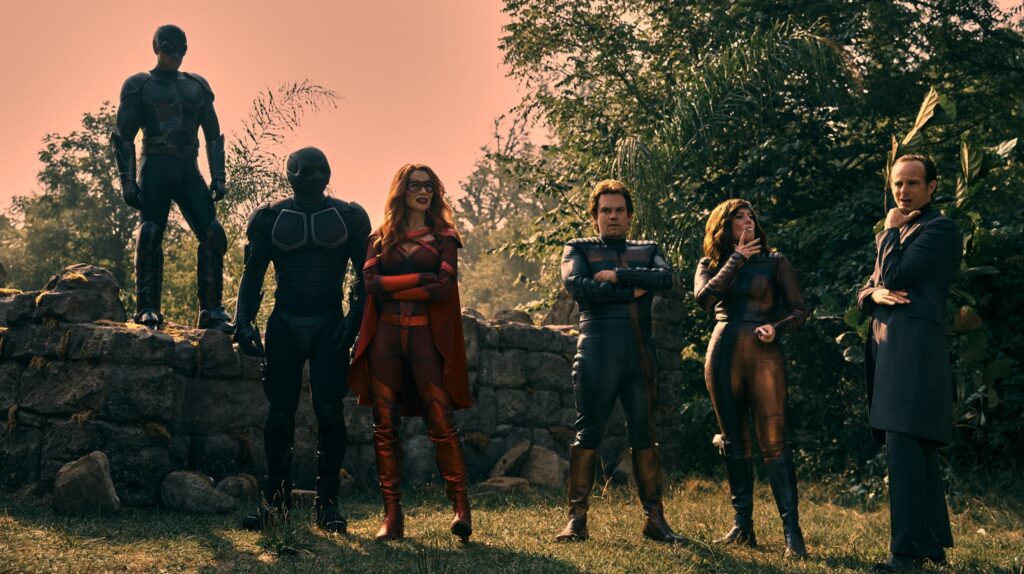
Even though The Boys are just as dysfunctional and chaotic as the Seven, their ability to function as a family keeps you interested. These men have chosen a family for themselves, which makes it a charming story to cheer for. Even though Billy Butcher (Karl Urban) will be facing his own death this season, the friendship between him and Hughie (Jack Quaid) makes for an excellent watch.
The boredom that The Boys is starting to experience this season is perhaps what makes it unworkable. The plot feels tired and repetitious after just three episodes. It’s getting harder to follow the individual stories as the ensemble cast grows. It’s too disorganized and jumbled. It raises the question of whether sensitivity has truly grown outdated in today’s culture as it crosses the boundary between black comedy and desensitization.
Thankfully, The Boys still has it in spite of their shortcomings. It would also be intriguing to see the development leading up to the season 4 finale, given that Jensen Ackles is assuming the role of the Soldier Boy. Will this ticking time bomb detonate correctly, causing even more chaos, or will it fizzle out? Future episodes will have to wait.


